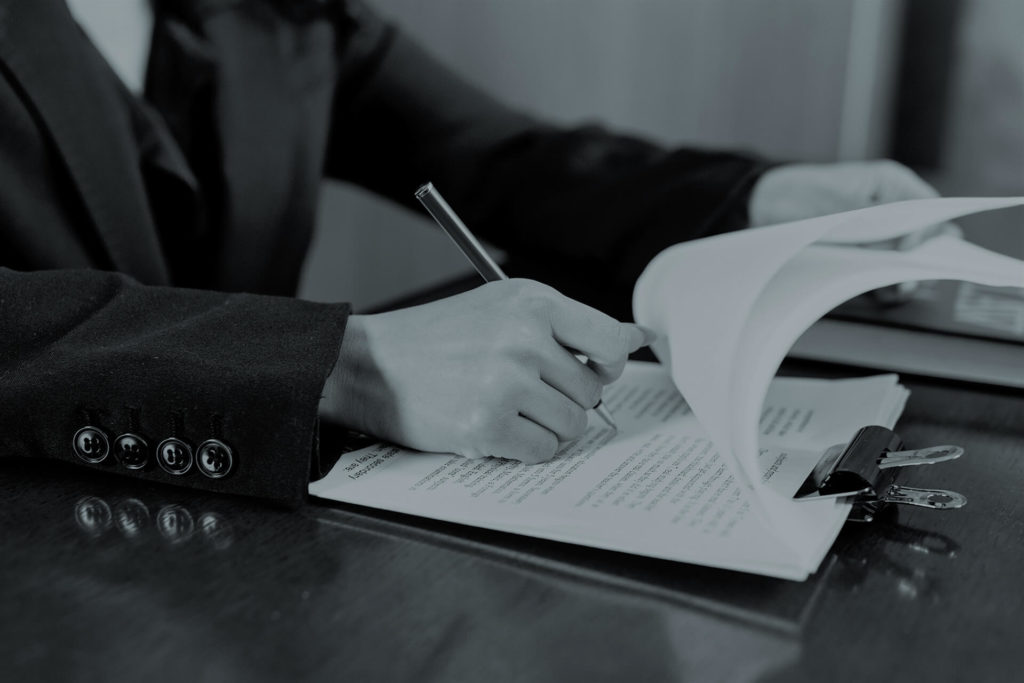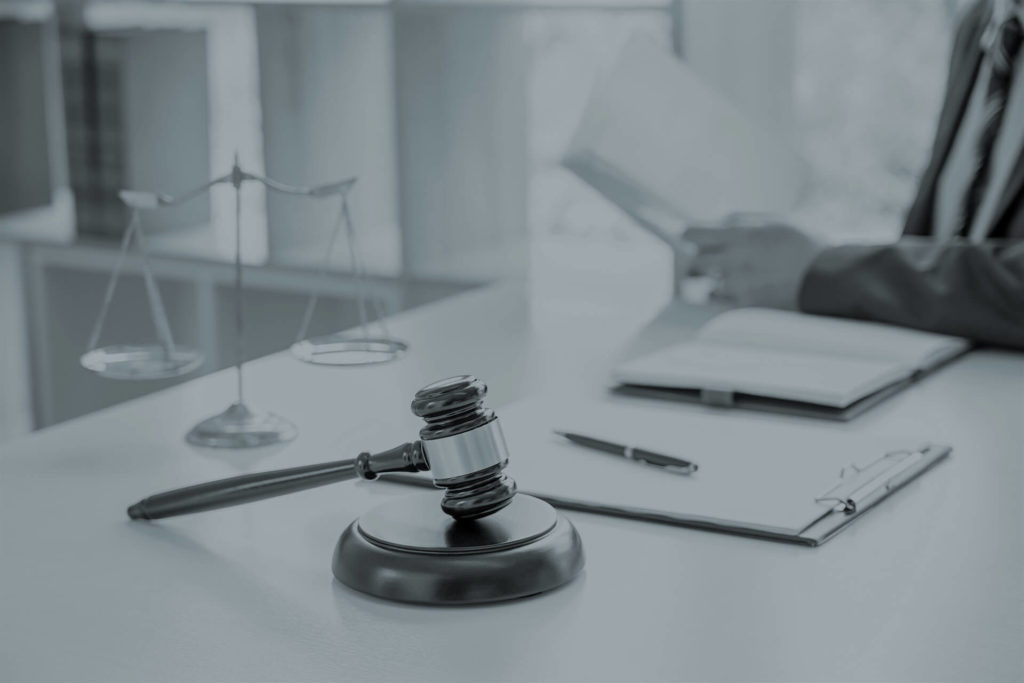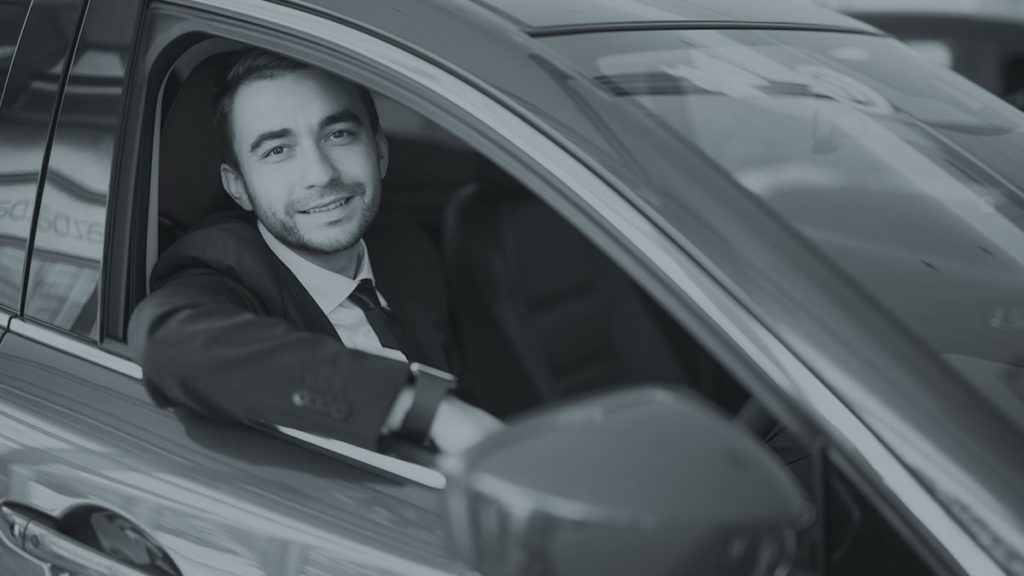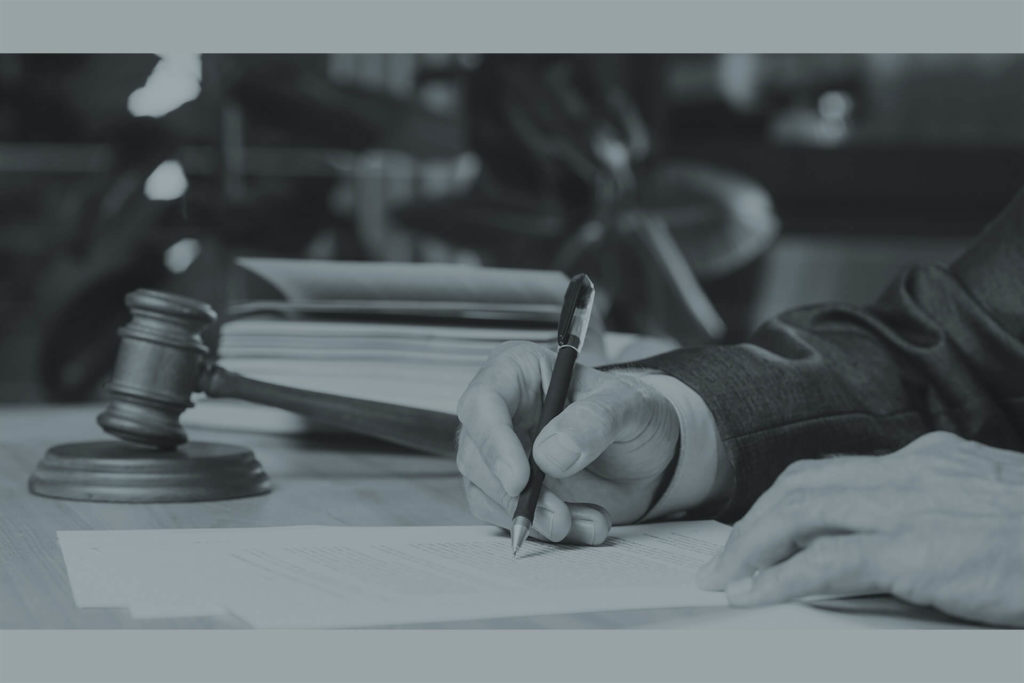Send your enquiry.
Contact us for a free, initial no obligation consultation.
"*" indicates required fields
Your information is safe and treated in accordance with our Privacy Policy
You can defend a drink driving charge. You do not have to plead guilty. Lots of people assume that if their reading is above the legal limit, then they have no other option. However, this is not true. With the right approach, you can successfully defend a drink driving charge and secure a not guilty verdict.
Legal advice from drink driving solicitors
We offer legal advice to those who have been charged with drink driving in England and Wales. We’ll consider your case and explain how to secure a positive outcome. Contact us at Ashmans Solicitors for a confidential discussion with our drink driving solicitor.
What are the defences to a drink driving charge?
We can get the case against you dropped, or secure a not guilty verdict, if any of the following apply:
-
Disclosure errors
If you enter a not guilty plea, the Crown Prosecution Service (CPS) has a limited amount of time to provide us (the defence team) with the evidence they intend to use to convict you. This is known as disclosure and includes things like witness statements, police reports and CCTV footage. It is very common for the CPS to miss this deadline. This seems unbelievable, but it happens all the time, even in major criminal cases.
If the CPS fails to serve disclosure in time, we can apply to have the evidence excluded. This essentially shuts the CPS’ case against you down. If they do not have any evidence, then the court must find you not guilty. The CPS may even drop the charges against you before the case reaches court.
-
Procedural errors
When the police take a sample of breath, blood or urine, they have to follow very precise procedures. These are outlined in a booklet called the Manual of Guidance Drink and Drug Driving (MGDDA). If the police deviate from the set procedure in any way, the case against you must fail. For example, the police must provide a statutory warning, in which they tell you that the failure to provide a sample if an offence. Also, if you provide a blood sample, you should also be offered your own sample to take home with you. This is so you can get it tested yourself.
Understandably, it can be hard to know if the police deviated from the set procedure without getting expert legal advice. We can examine the actions of the police and advise whether mistakes were made. If so, we can apply to have the charges against you dropped. This will be a relief as you will avoid having to attend court.
-
Police did not get consent
Before the test, the police must ask if you “agree to provide two specimens of breath for analysis” (or blood, as the case may be). If they do not, then they have not obtained your consent. If you were not asked, then the evidence against you may be inadmissible. You might not remember clearly, but actually, the encounter may have been recorded. We can check whether a lack of consent is a factor in your case.
-
Results are inaccurate
It is possible that the results are inaccurate. If you had a breath test, the machine might not have been calibrated properly. If you had a blood test, then errors may have been made in the lab (which is exactly what happened during the Randox scandal). Or other factors may have affected the test results. For example, you may have been taking medication that interfered with the sample. These are all things that we can investigate.
-
The hip flask defence
If you drank alcohol after driving, but before the specimen was taken, then you have a complete defence known as the hip flask defence. For instance, imagine if you drive home entirely sober, after which you drink several glasses of whiskey. The police then arrive at your house after reports of erratic driving and ask to breathalyse you. You will produce a sample that shows you are over the legal limit – but only because you drank alcohol once you stopped driving. We can bring this to the court’s attention.
-
Multiple samples are taken
According to the law, you can only be asked to provide two samples. The lower reading will be the one that is taken into account. As long as you complete the tests properly, the police cannot demand that you provide more than two samples. Also, a blood sample must be taken in one go. If the medical practitioner cannot draw enough blood out of your vein in one try, then they cannot ‘top up’ the sample by taking multiple blood tests.
-
You were on private premises
You can only be convicted of drink driving if you were operating a vehicle while over the legal limit while on public property. If you were on private premises, then the charge does not stand.
-
Witness attendance at court
The police officers who dealt with you must attend court as witnesses for the prosecution. If they fail to show (which often happens) then it will severely weaken the CPS’ case.
-
You did not receive a printout
If you are breathalysed, you should be given a printout from the breath test machine. This is described as a certificate of analysis. It should also be given to the defence at least seven days before the court hearing. The CPS will be forced to drop the case if this printout is not served.
-
Other defences
There are also some other defences, although they are rarely used. This includes duress, where you were forced to drink alcohol and drive. Automatism is another example, which is when you were not conscious that you were driving at the time, perhaps because you were sleep-walking.
Special reasons and drink driving
There is also the possibility of pleading special reasons in drink driving cases. Special reasons are not a defence, because you are accepting that you are guilty. However, you are saying to the court that you are only guilty of drink driving due to extenuating circumstances. This might include:
- Your drink was spiked (laced)
- You were fleeing from danger
- There was a genuine medical emergency
Get legal advice
It can be difficult to know whether you have a defence to your drink driving charge, especially as many of the arguments hinge upon complex legalities and procedures. We offer everyone a confidential discussion with an expert drink driving solicitor. We can investigate the facts of your case, after which we can advise you on the best way forward.
Just remember: it is very likely that you have options open to you. We often hear from people who assume that they have to plead guilty because their case is cut and dried. That is not necessarily true. People can (and do) defend a drink driving charge, or even get their case dropped in the early stages. We can help you achieve this.
Solicitors – England and Wales
Have you been caught drink driving? Contact our motoring offence solicitors for expert legal advice.
Call us on 0333 009 6275. We are available 24 hours a day, 7 days a week. See our motoring defence fees page to find out more about our fixed fees.
You can also email us on enquiries@ashmanssolicitors.com or complete our Online Enquiry Form and we will contact you.




